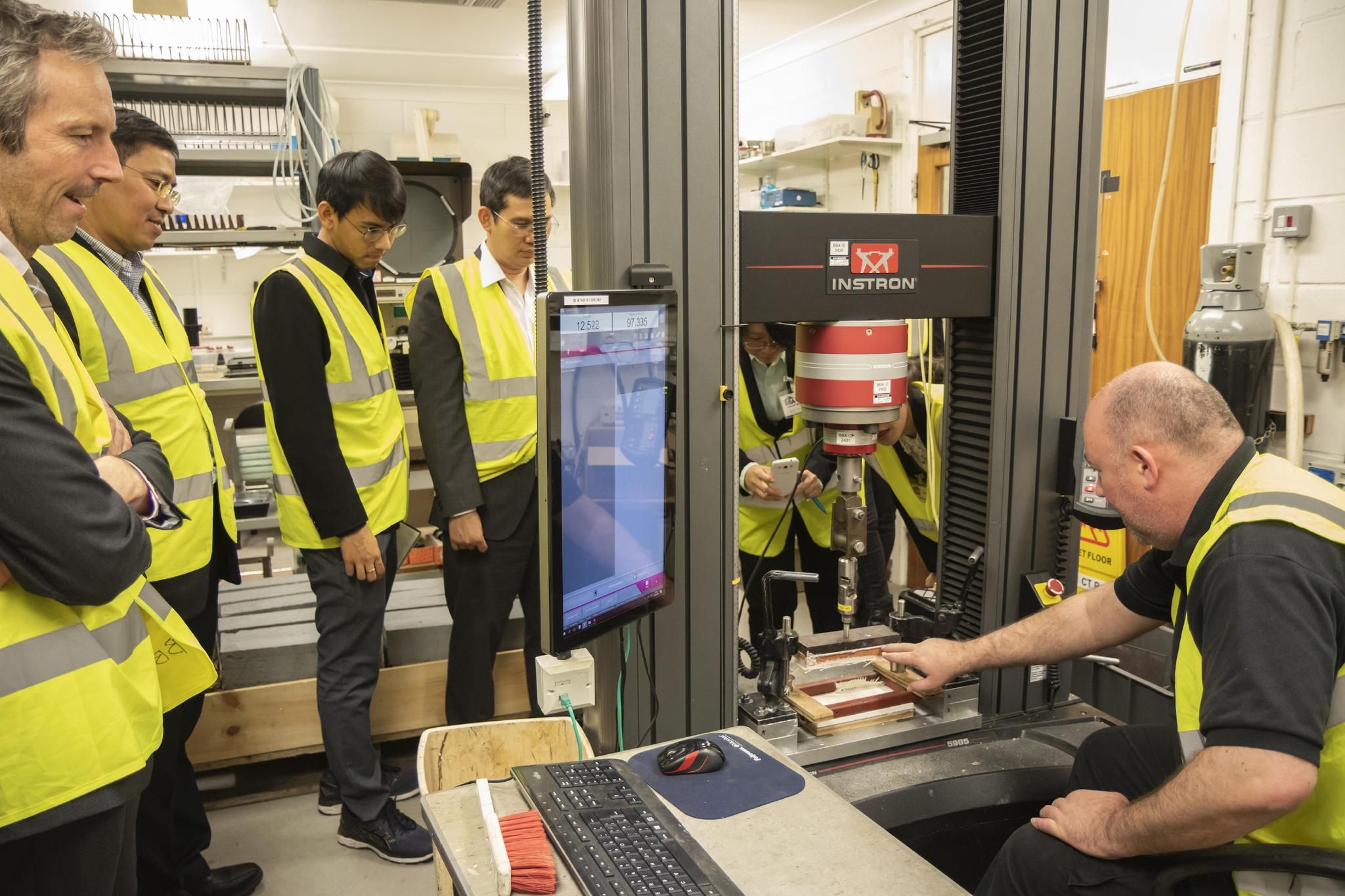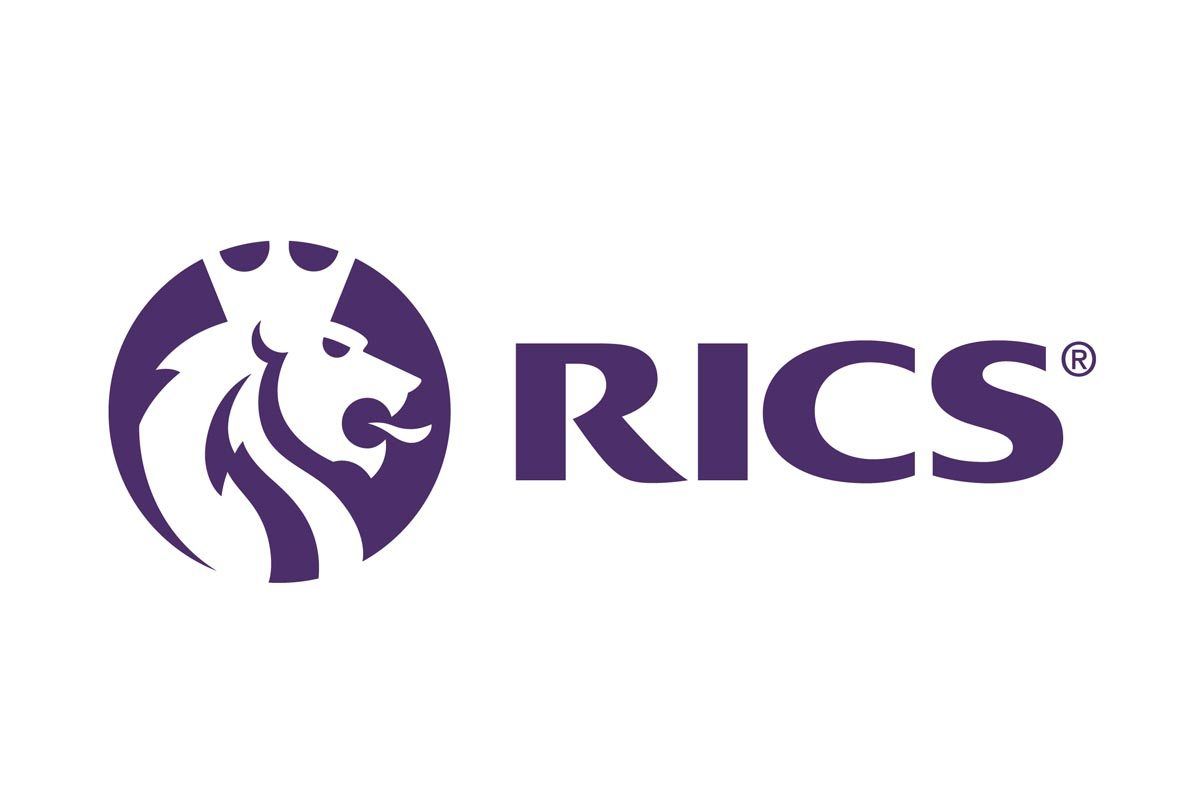BBA advises Thai roads delegation on adopting HAPAS-style scheme

The DRR is responsible for more than 47,700km of Thailand’s 396,600km road network, upgrading paved and earth roads and delivering bridge projects in a move to enhance social, economic and tourism related activities. The department is driving improvements in the quality and consistency of highway construction, with the delegation keen to understand how the UK agrees standards and certificates new and innovate highway construction products.
“If we don’t have the right standards local governments will use many products and the quality of these products will not be consistent,” Chakree Bamrumgwong, DRR Director of Office of Road Safety Audit, told the BBA. “Some will be good and some will be not so good so we want to standardise it. It is very useful to learn from the BBA.”
The DRR now intends to work towards establishing a scheme similar to HAPAS: “The DRR needs to set up a highways material standard like HAPAS for the quality control of the material and products used in Thailand’s rural and local roads. From visiting the BBA, we learned a lot about the HAPAS system and other useful information, all of which supports our thinking to do more for the future. If the BBA can support us, an equivalent DRR HAPAS system will be more possible,” said Mr Bamrumgwong.
The DRR has a 10 year plan to centralise and standardise highways specifications. At present it utilises predominantly American standards for highway product specification and design and, where they prove insufficient, looks to other international standards - including British Standards - to translate into its projects. The department also intends to take the lead on encouraging all agencies involved in the Thai road network to collaborate in a further move to drive up product and safety standards.
During the visit, Steve Hunt, the BBA’s Sector Manager - Highways, explained the background to HAPAS and how it provides a route to market for product innovations not within the remit of British Standards and unites manufacturers, industry/government bodies, clients and innovators in a voluntary and co-ordinated process recognised by Highways England. BBA Deputy Chief Executive Brian Moore outlined how influential government can be in encouraging industry stakeholders to work together to improve standards and how government incentives, for example through the taxation system, can aid investment into product research. The Thai visitors were also taken on a tour of the BBA’s product testing facilities.
“We were delighted to welcome representatives from the Department of Rural Roads to the BBA’s headquarters,” said Mr Moore. “The discussions were really interesting and enabled us to learn about highway infrastructure delivery in Thailand while at the same time enabling our visitors to understand better how HAPAS works, what’s necessary for a scheme of this nature to be established and achieve success and how the industry needs to work together. It was a really positive day and we intend to remain in contact with the DRR should it need further assistance.”
While in the UK, the DRR representatives also visited the Department for Transport’s Local Transport Group, Highways England, the National Traffic Operation Centre and the Nottingham Transportation Engineering Centre, where a Memorandum of Understanding for technical co-operation between the DRR and NTEC was signed.


)
)
)
)

)
)
)
)

)
)
)
)
)
)
)
)
)
)
)
)
)
)
)
)
)
)
)
)
.png/fit-in/500x500/filters:no_upscale())
)
)
)
)
)
)
)
)
)
)
)
)
)
)
)
)
)
)
)
)
)
)
)
)
.png/fit-in/500x500/filters:no_upscale())
)
)
)
)
)
)
)
)
)
)
)
)
)
)
)
)
)
)
)
)
)
)
)
)
)
)
)
)
)
)
)
)
)
)
)
)
)
)
)
)
)
)
)
)
)
)
)
)
)
)
)
)
)
)
)
)
)
)
)
)
)
)
)
)
)
)
)
)
)
)
)
)
)
)
)
)
)
)
)
)
)
)
)
)
)
)
)
)